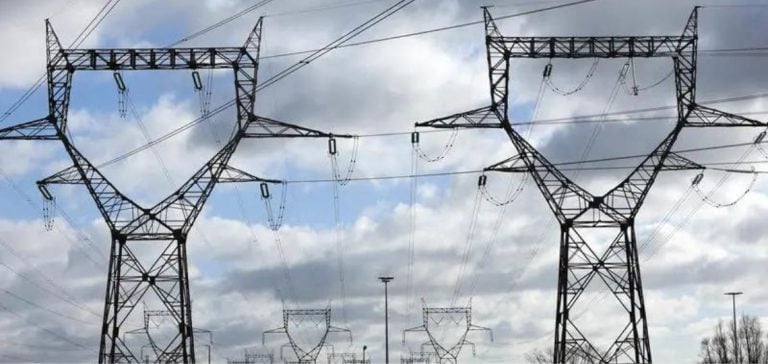Major players in the French electricity sector are warning of the potential consequences of a new tax on electricity production, which could significantly affect their investments and long-term strategies.
The debate on the introduction of a tax on electricity producers is intensifying in France.
Companies in the sector, notably Électricité de France (EDF), are voicing their concerns about the financial and strategic repercussions this measure could have.
The proposed tax, known as the “contribution sur les rentes inframarginales” (Crim), would target generation facilities exceeding a certain capacity, including nuclear, hydro, wind and gas.
Generators point out that this tax could compromise their investment plans, particularly in the current context of energy transition.
Already subject to stringent regulations, they fear that additional tax burdens could hinder the development of new infrastructures essential to ensuring the country’s energy security.
Concerns of industry players
Energy companies believe that the introduction of this tax would reduce their competitiveness and their ability to finance large-scale projects.
They point out that investment in the electricity sector is crucial to modernizing the generating fleet and meeting today’s energy challenges.
Increased tax pressure could also deter investors and hinder international partnerships.
Furthermore, industry players warn that the tax could have an impact on consumers.
By increasing production costs, it could lead to higher electricity tariffs, affecting the French economy as a whole.
They therefore call for an in-depth examination of the economic and social consequences of this measure.
Political debate and future prospects
The French government sees this tax as a way of capturing some of the windfall profits made by electricity producers, particularly during price peaks on the energy markets.
However, the companies concerned are calling for consultation to assess the potential impact on the sector and on the energy transition.
Discussions are underway between industry representatives, public authorities and regulatory bodies.
Producers are proposing alternatives, such as greater investment in renewable energies and storage technologies, to contribute to the energy transition without compromising the sector’s economic viability.
Decisions taken in this context will have a major impact on the future of the French energy landscape.
It is essential to strike a balance between the State’s fiscal objectives and the need to maintain a robust, innovative energy sector capable of meeting the challenges of the future.






















